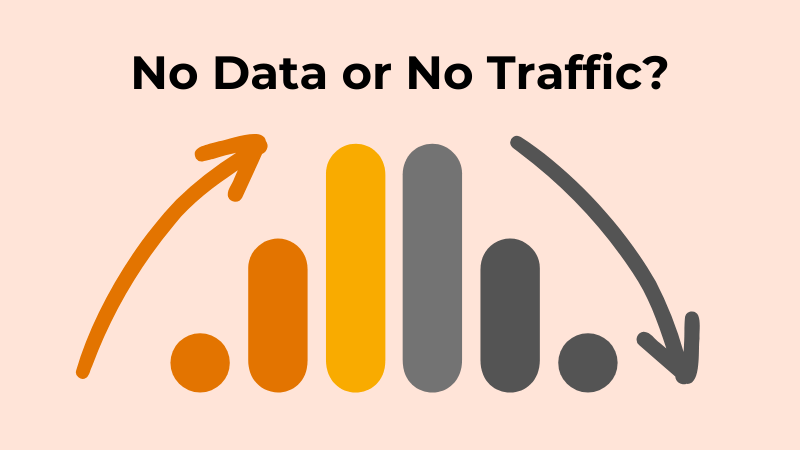Browser cookies are essential data packets stored in users’ browsers, significantly enhancing the online experience. They track user activities like shopping cart contents and downloads, enabling websites to offer a tailored experience and helping companies gain insights into user behaviors.
Nevertheless, increased concerns about personal data management have led to more stringent data privacy laws globally, notably in Europe and California. These regulations require websites and companies to be transparent about their data collection and usage practices.
A key result of these laws is the rise of cookie consent pop-ups. These notifications request user permission to store cookies, providing options to either accept, reject, or manage them.
YouGov’s survey 1 across 17 markets shows diverse reactions to these cookie consent notices, shaped by regional laws like the GDPR and various age groups.
In GDPR-regulated countries such as Poland, Spain, the UK, and Sweden, there is a general propensity to accept cookies.
In contrast, in the USA, acceptance is much lower, with just one-third of consumers routinely agreeing to cookies. This tendency varies with age; older Americans are more likely to decline cookies, while those under 34 are more likely to accept.
The survey methodology involved interviewing adults across these markets, with some samples being nationally, urban, or online representative.
No Cookie Banners. Resilient against AdBlockers.
Try Wide Angle Analytics!



